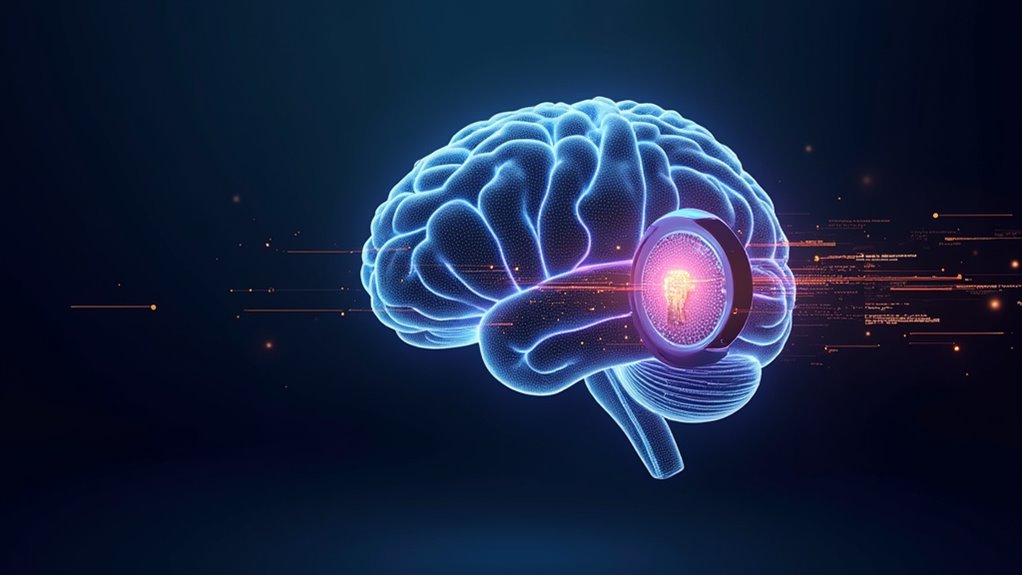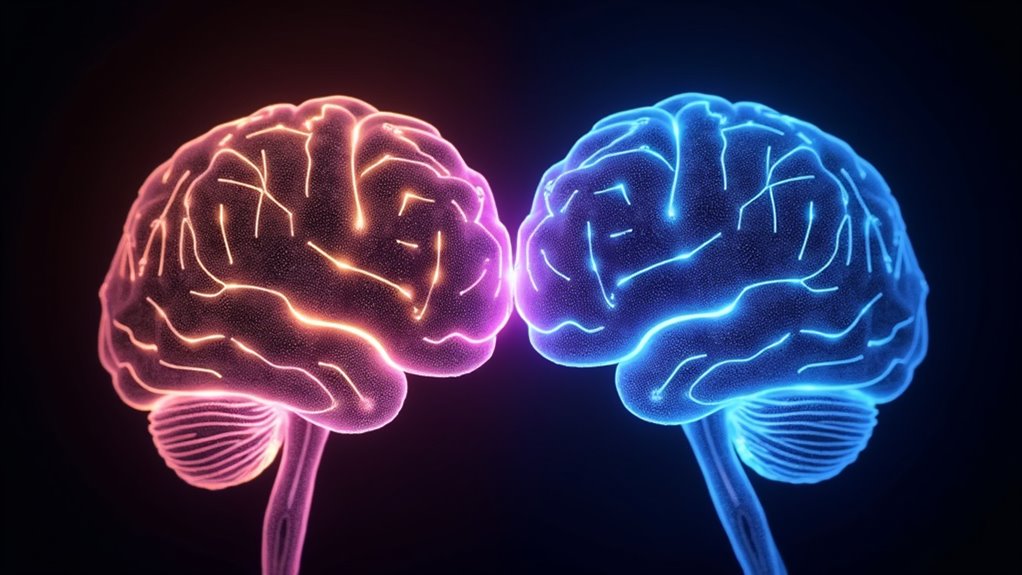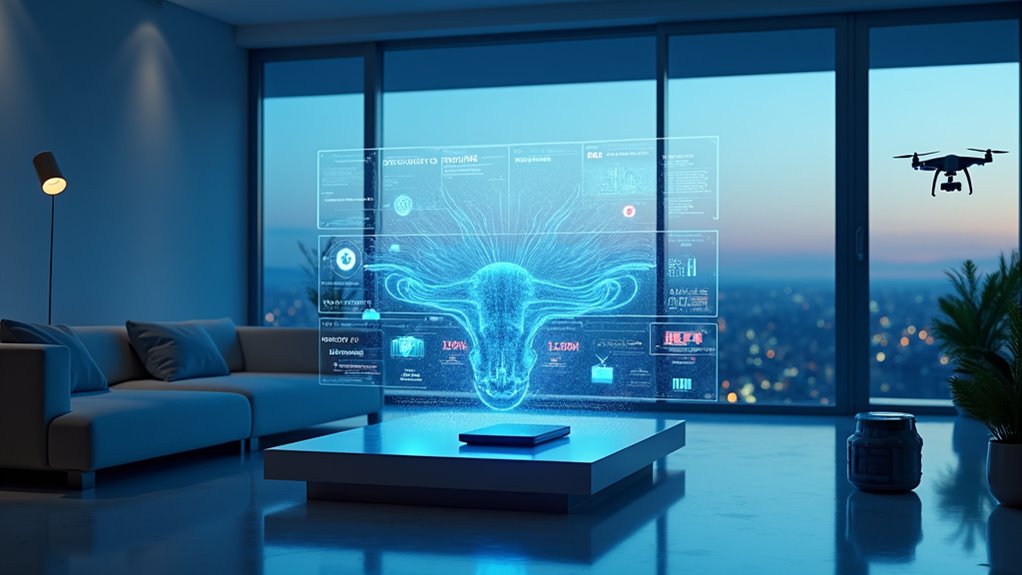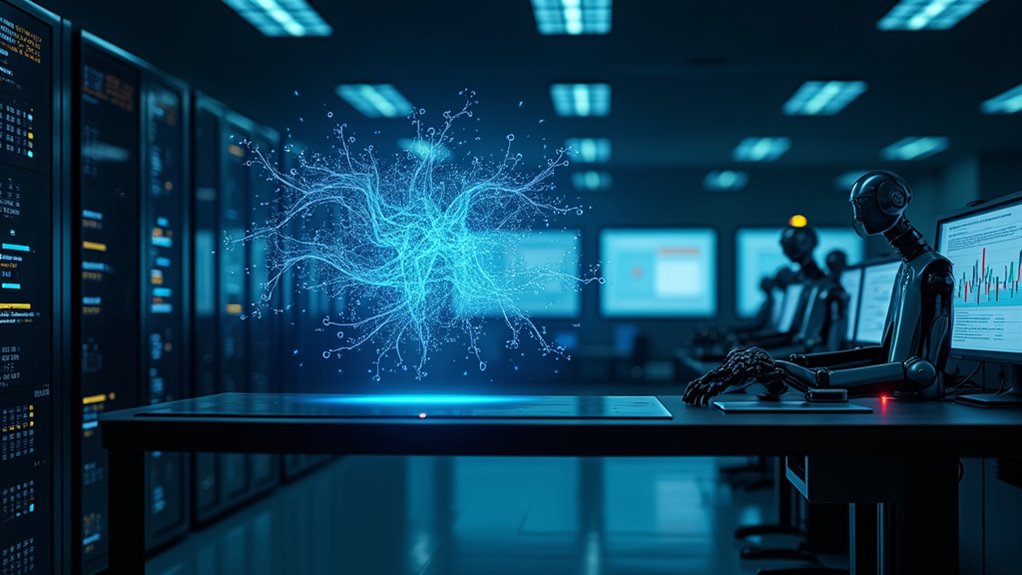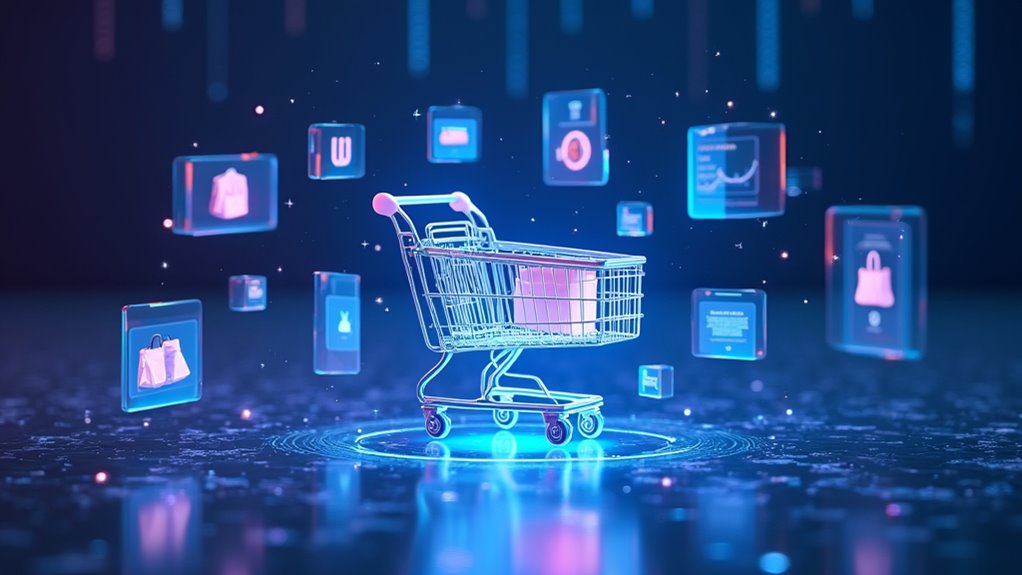While tech companies race to outdo each other with AI innovations, ChatGPT just dropped a game-changing memory upgrade that’s turning heads. The AI chatbot now remembers everything about you – your dietary quirks, your weekend hobbies, even that embarrassing question you asked last month about whether fish sleep. Yeah, it’s that detailed.
This upgraded system isn’t just about storing random facts. ChatGPT now integrates search capabilities with personal preferences, making conversations feel less like talking to a robot and more like chatting with someone who actually pays attention. It pulls information from your entire chat history across sessions, serving up recommendations that actually make sense. Finally, an AI that remembers you’re allergic to peanuts without having to remind it every single time. The platform’s o3 and o4-mini features were recently added to enhance these capabilities. The system employs differential privacy techniques to protect user information while maintaining functionality.
But here’s where things get sticky. All this personalization comes with a privacy-shaped elephant in the room. Sure, OpenAI is quick to point out that users have control over their stored data – edit it, delete it, or tell ChatGPT to forget everything like a digital memory wipe. They’ve even included a “Temporary Chat” feature for those paranoid moments when you’d rather leave no trace. Smart move, considering the potential for data misuse that keeps privacy experts up at night. Users can maintain their privacy by utilizing Custom Instructions settings to specify exactly what information should be remembered.
The rollout is happening globally, but not everyone’s getting invited to the party. Plus and Pro users are first in line, while some regions are left waiting due to strict data protection laws. Meanwhile, competitors like Claude and Gemini are watching closely, probably taking notes on what works and what doesn’t.
What’s crystal clear is that ChatGPT’s memory upgrade is reshaping how we interact with AI. Tasks are streamlined, conversations flow naturally, and the system actually learns from past interactions. It’s like having a personal assistant who never calls in sick or forgets your coffee order.
But as with any technological advance, the question remains: Is the convenience worth the potential privacy trade-off? Only time – and user adoption rates – will tell.
